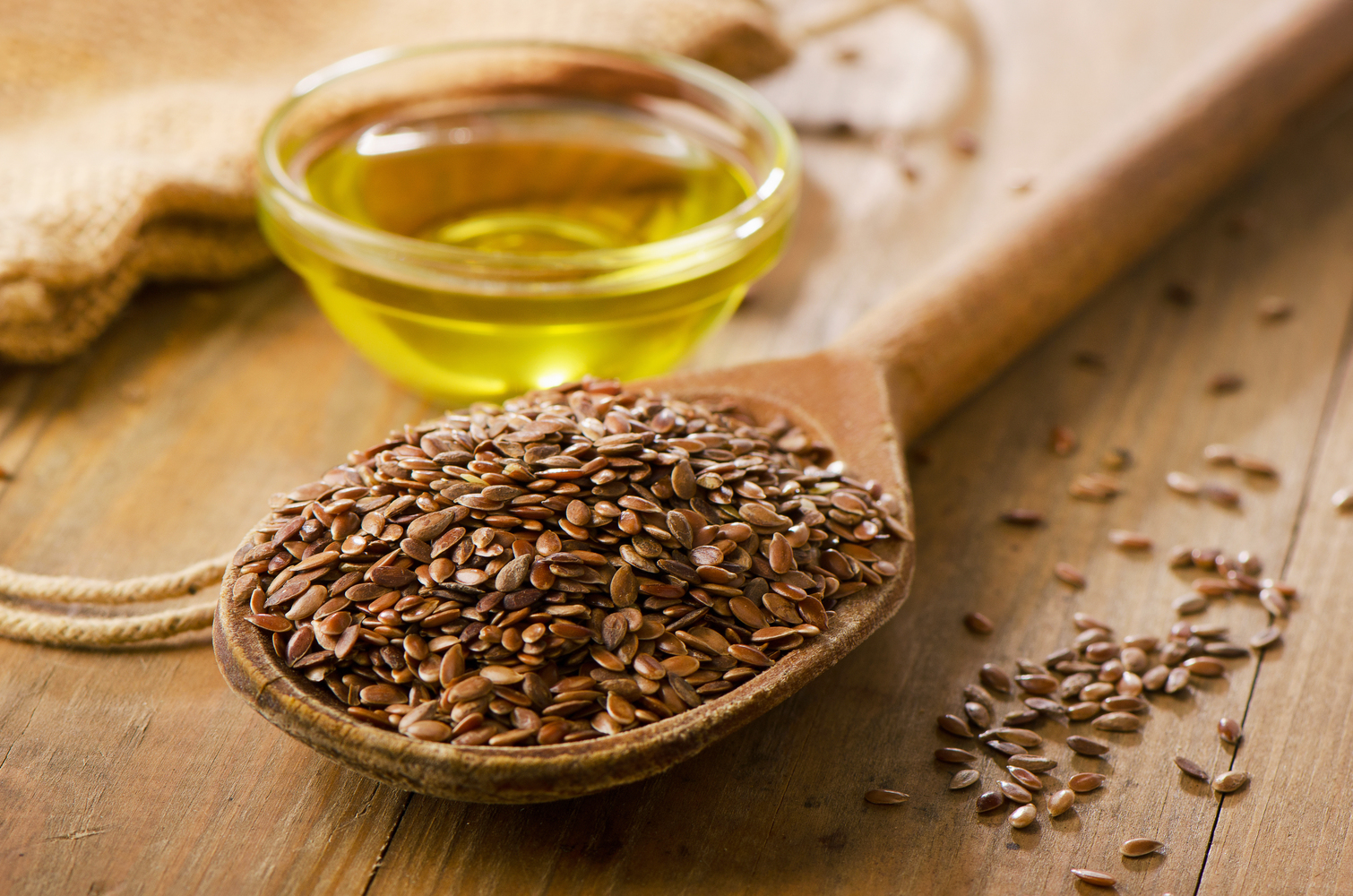
Superfoods to Help Manage Depression
Depression is a common experience that many people experience at some point in their lives. However, clinical depression, or major depressive disorder, is much more severe. One of the main differentiating factors is that clinical depression exists independently of someone’s circumstances.
For example, depression may be caused by a loss, trauma or a medical condition. Whereas, clinical depression is persistent sadness and apathy that interferes with daily life. In addition to a doctor diagnosis and treatment, your healthcare provider may recommend foods to help manage depression symptoms:
1. Fatty fish
These types of fish are rich in fish oil. And the oil is itself a plentiful source of a nutrient known as omega-3 fatty acids. This nutrient can help people in a wide variety of ways. However, it’s particularly useful for people who suffer from clinical depression. Remember that clinical depression is a neurological issue. The exact cause varies on a case by case basis. But it’s often due to lower levels of important components integral to brain function. And one of the most common examples is a low level of EPA and DHA. Interestingly enough, omega-3 fatty acids can boost levels of EPA and DHA in the brain. However, it’s usually best to keep fish consumption down to only a couple times a week. Increasing levels of mercury pollution in fish can pose a risk if they’re eaten too often.
2. Flaxseed
Flaxseed is another great source of omega-3 fatty acids. What’s more, they’ve been shown to have a positive impact on people at risk for heart disease. It’s generally a good match for the nutritional profile of fish oil rich sea life. This makes it an ideal substitution for people concerned about the mercury level of fish. People can eat fish a couple of times per week and then make sure they get these seeds on the other days. Or they might prefer just to go with the seeds as their source of omega-3 fatty acids.
3. Canola and soybean oils
The biggest benefit of these oils stems from their taste and caloric levels. It’s somewhat rare for depression to be linked to low caloric intake in most parts of the developed world. However, those instances do still come up every now and then. When that’s the case the higher caloric content of cooking oils can provide a lot of help. What’s more, even the taste might offer a level of comfort to people suffering from depression.
4. Walnuts
Walnuts are full of the omega-3 fatty acids we’ve seen help people with depression. But on top of that, they have some other important benefits that can help people fight depression. One of the most important is a generally high protein content. Protein is a rich source of all the amino acids used to create neurotransmitters. They also contain high levels of choline, which is directly connected with the neurotransmitter acetylcholine.
5. Dark leafy greens
ALA is a form of omega-3 fatty acid. And you can generally find it well represented in dark leafy vegetables. On top of that, they generally act as a good source of folate. The link between low levels of folate and Depression isn’t well understood. But it has been noted that people with depression usually have low folate levels. If that’s the case then extra folate from vegetables can help fight someone’s depression.


